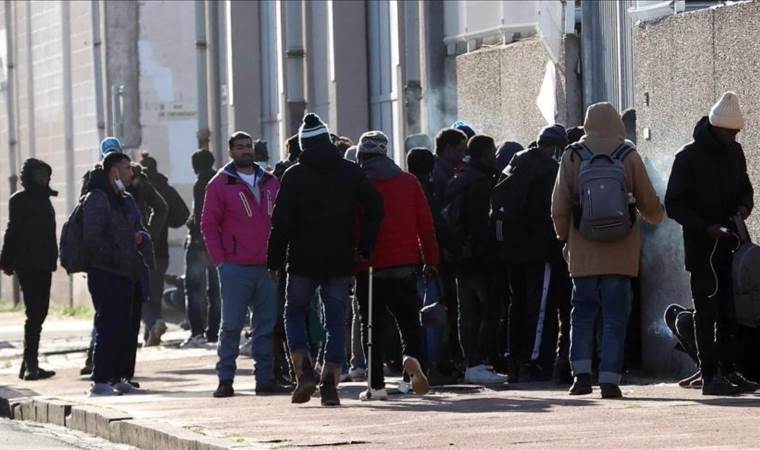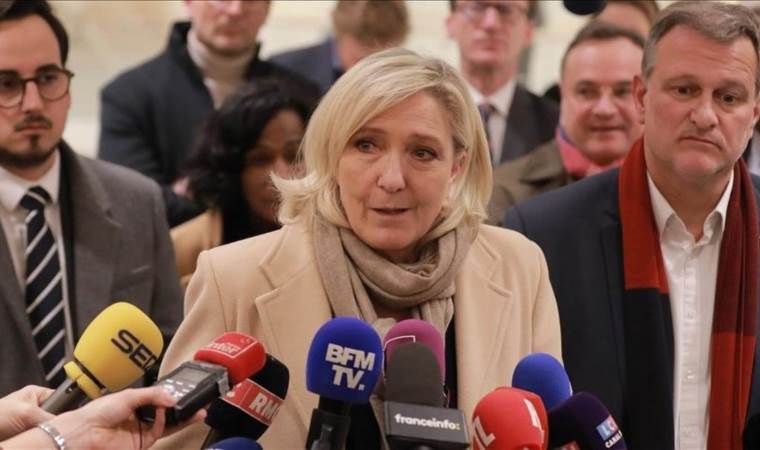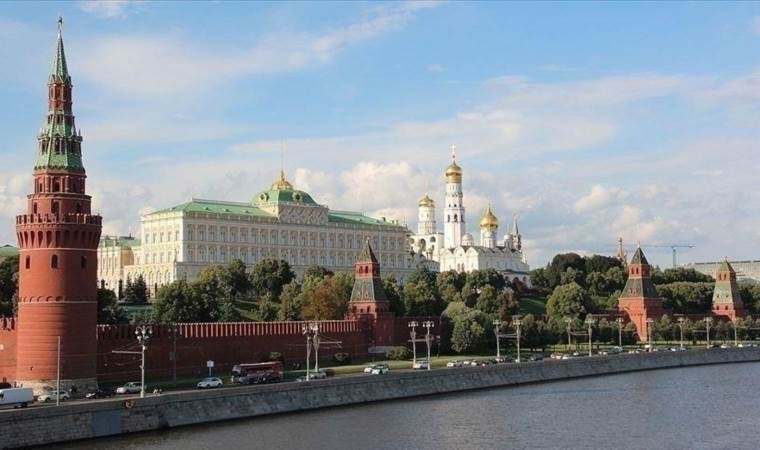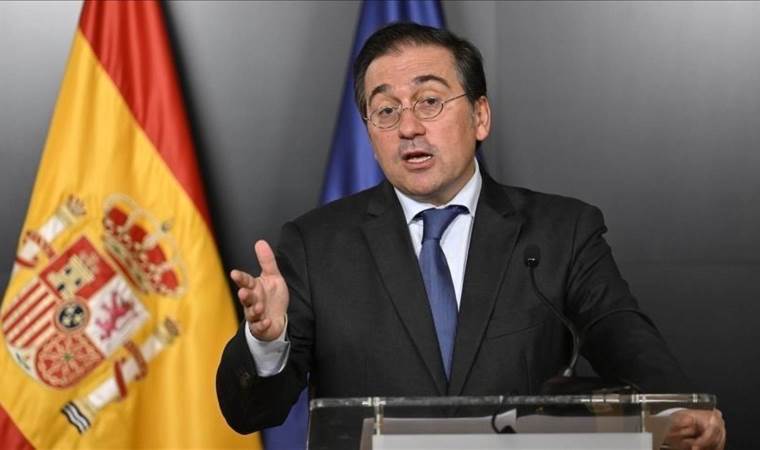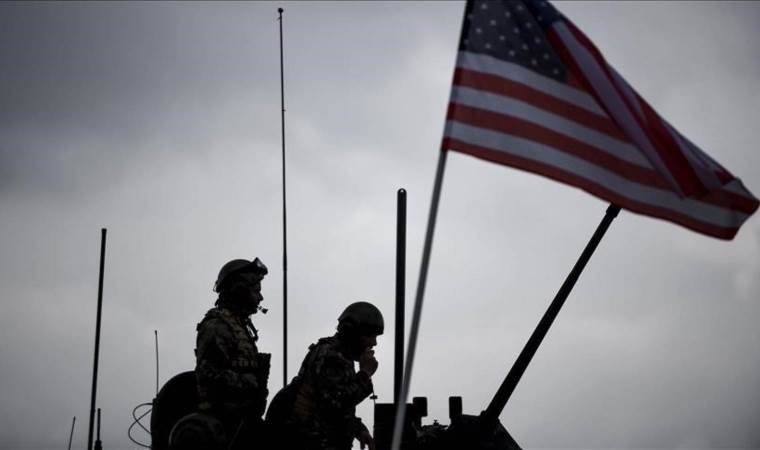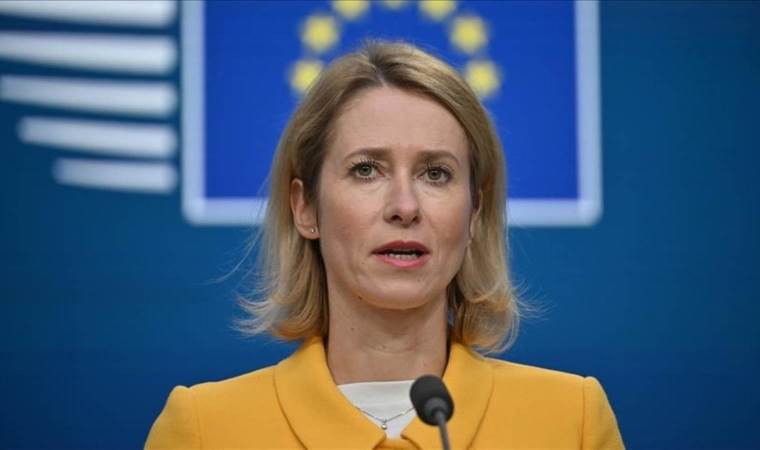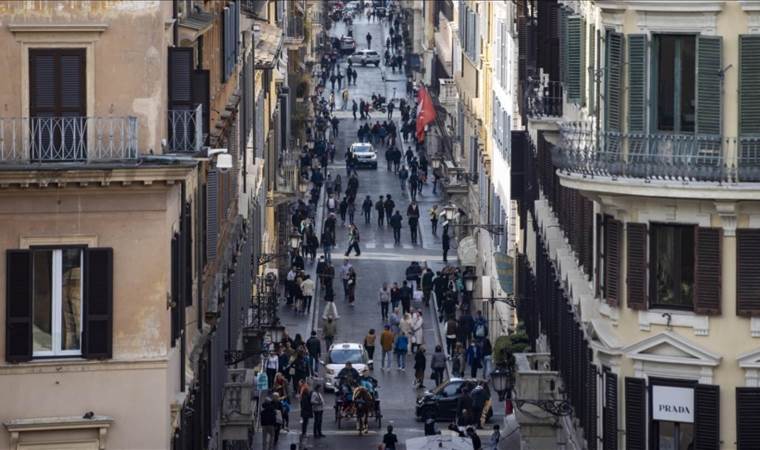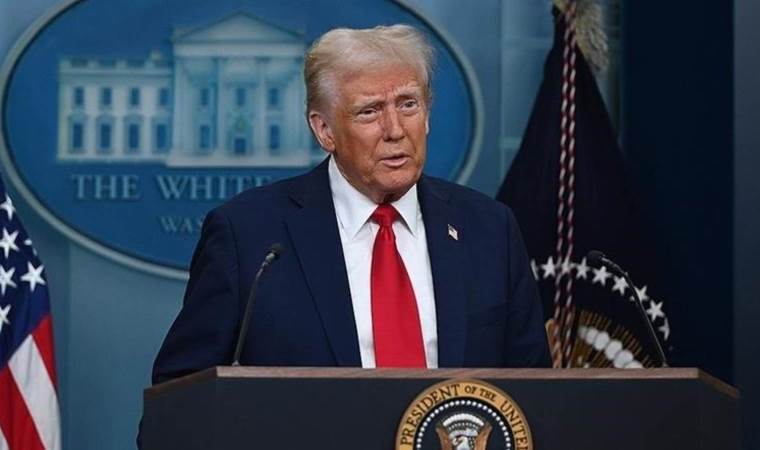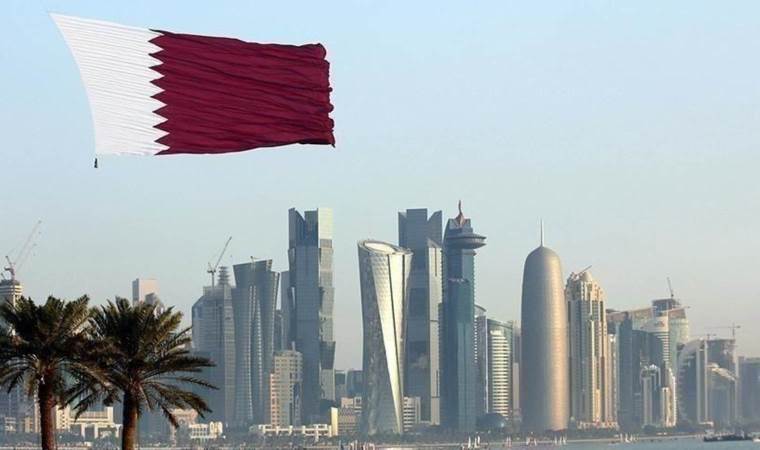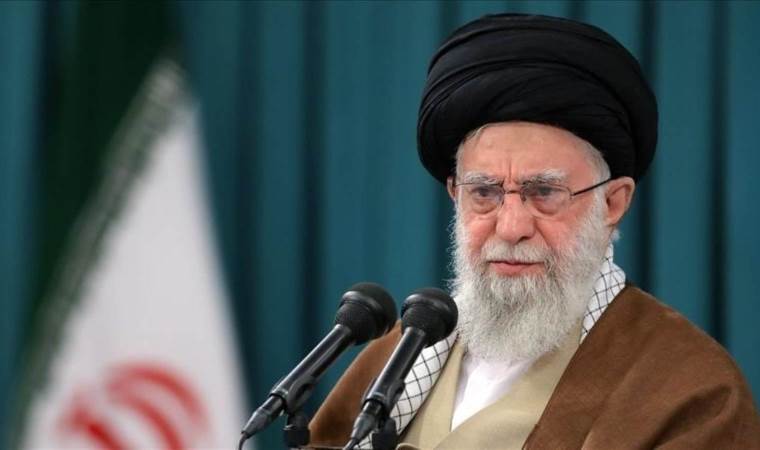North Korea welcome China and Russia with military display after pandemic
After pandemic isolation, North Korea has invited senior Chinese and Russian delegations for 70th-anniversary commemorations of the Korean War and the struggle against the United States and its allies.
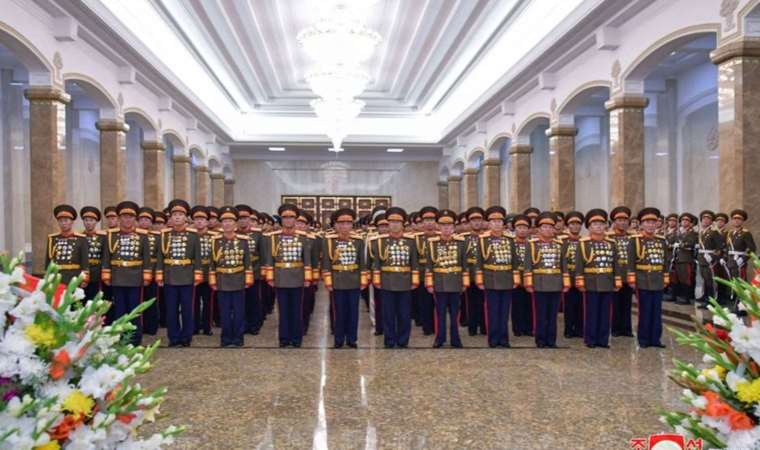
The visiting dignitaries, which include Russian Defence Minister Sergei Shoigu and Chinese Communist Party Politburo member Li Hongzhong, are expected to be presented with one of North Korea's signature events: a massive military parade showcasing its latest weaponry.
Analysts say the spectacle will likely include the North's nuclear-tipped missiles banned by the United Nations Security Council, where Russia and China are permanent members.
The visits are the first known foreign delegations to visit North Korea since the COVID-19 pandemic began and come as Pyongyang has looked to deepen its ties with Beijing and Moscow, finding common ground in their rivalries with Washington and the West.
Thursday's holiday, in which North Korea celebrates what it sees as a victory over U.S.-led allied forces in the 1950-1953 Korean War, provides a chance for Pyongyang to highlight the Cold War days when North Korean troops fought with Chinese and Russian support.
North Korea is still technically at war with the U.S.-led alliance after fighting ended in an armistice, rather than a formal peace treaty.
"North Korea inviting delegations from both countries seems to be a case of history rhyming, whereby Pyongyang is gearing up to stand up against the West, but perceives the need to maintain relatively balanced ties with both China and Russia," said Anthony Rinna, a specialist in Korea-Russia relations at Sino-NK, a website that analyses the region.
Only time will tell if the visits signal a broader easing in North Korea's bans on international travel, which could in theory provide an opening for U.S. officials to negotiate the release of U.S. soldier Travis King, who crossed into North Korea last week, Rinna said.
However, it seems unlikely that Pyongyang will seek to engage with Washington any time soon, and may consider itself to be in a full-scale New Cold War with the United States, he added.
Satellite imagery shows North Koreans have been practicing for weeks to stage a large military parade, expected on July 27
Military Displays
Images from Russia's defence ministry and North Korean media showed Shoigu being greeted by North Korean defence minister Kang Sun Nam and Russian ambassador Alexander Matsegora at the airport, and rows of North Korean and Russian troops.
The United States has accused North Korea of providing weapons to Russia during the war in Ukraine, including an arms delivery of infantry rockets and missiles to the Kremlin-backed Wagner mercenary group in November 2022.
Pyongyang and Moscow have denied those claims, but Kim has vowed to bolster strategic cooperation between the nations.
The military parade in Pyongyang is likely to include as many as 15,000 personnel, and possibly feature new designs of nuclear-capable weapons, said Yang Moo-jin, a professor at the University of North Korean Studies in Seoul.
Commercial satellite imagery over recent weeks have shown participants practicing, including in downtown Kim Il Sung Square where the event will take place, with large formations showing the number "70" and other slogans, said Dave Schmerler, a researcher at the James Martin Center for Nonproliferation Studies (CNS).
At a training ground outside Pyongyang, military units appeared to be practicing marching around the square track with vehicles behind them, Schmerler added, citing imagery provided to Reuters by U.S.-based firm Umbra, which used radar imaging satellites to peer through cloud cover.
Shuttle Diplomacy
Leader Kim Jong Un kicked off commemorations this week with visits to a cemetery for Chinese soldiers who fought in the war, known as the Fatherland Liberation War, state media KCNA reported on Wednesday. The only defense treaty China and North Korea have is with each other.
Kim also visited the Fatherland Liberation War Martyrs Cemetery on Monday, KCNA reported, as he praised the soldiers for "inflicting defeat" on U.S. imperialism.
Amid international sanctions over North Korea's missile and nuclear programs - which both Moscow and Beijing voted to impose - China has become by far North Korea's largest trading partner. China's exports to its secretive neighbor in June were eight times higher than a year before.
Beijing asserted on Monday that it "strictly" implements U.N. sanctions on North Korea.
Russia and China have rebuffed recent attempts by the United States and some European countries to impose new sanctions on North Korea.
They have instead pushed for existing measures to be eased for humanitarian purposes and to entice Pyongyang back to denuclearisation talks, which broke down in 2019.
Yang said the delegations could signal that long-stalled diplomatic visits could resume.
"If North Korea also sends a high-level delegation to China for the upcoming Hangzhou Asian Games, it means the resumption of high-level 'shuttle diplomacy' between North Korea and China since the COVID-19 pandemic," he said.
Most Read News
-
 British premier says 24,000 migrants removed from UK sin
British premier says 24,000 migrants removed from UK sin
-
 French presidential hopeful Le Pen barred from seeking o
French presidential hopeful Le Pen barred from seeking o
-
 Russia says it began talks with US on rare earth metals
Russia says it began talks with US on rare earth metals
-
 Spain to push for use of frozen Russian assets to fund U
Spain to push for use of frozen Russian assets to fund U
-
 Vehicle of missing US soldiers recovered from swamp in L
Vehicle of missing US soldiers recovered from swamp in L
-
 EU foreign policy chief calls on US to put more pressure
EU foreign policy chief calls on US to put more pressure
-
 Italy’s demographic crisis deepens, new data show
Italy’s demographic crisis deepens, new data show
-
 Trump calls repeated coverage of Signal leak story ‘old
Trump calls repeated coverage of Signal leak story ‘old
-
 Qatar faces international scrutiny over human rights vio
Qatar faces international scrutiny over human rights vio
-
 Khamenei warns of ‘firm retaliation’ to any ‘external ag
Khamenei warns of ‘firm retaliation’ to any ‘external ag
